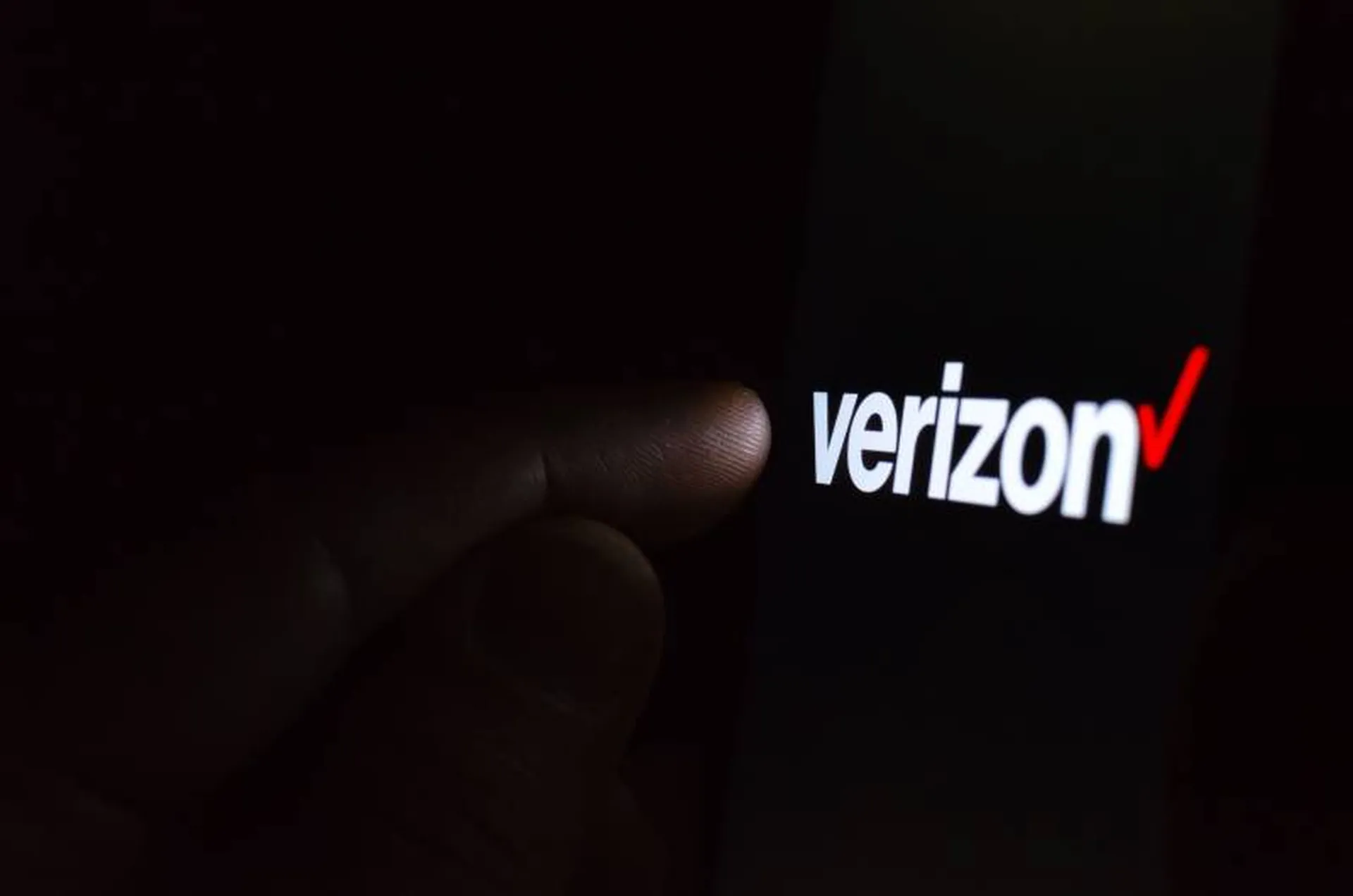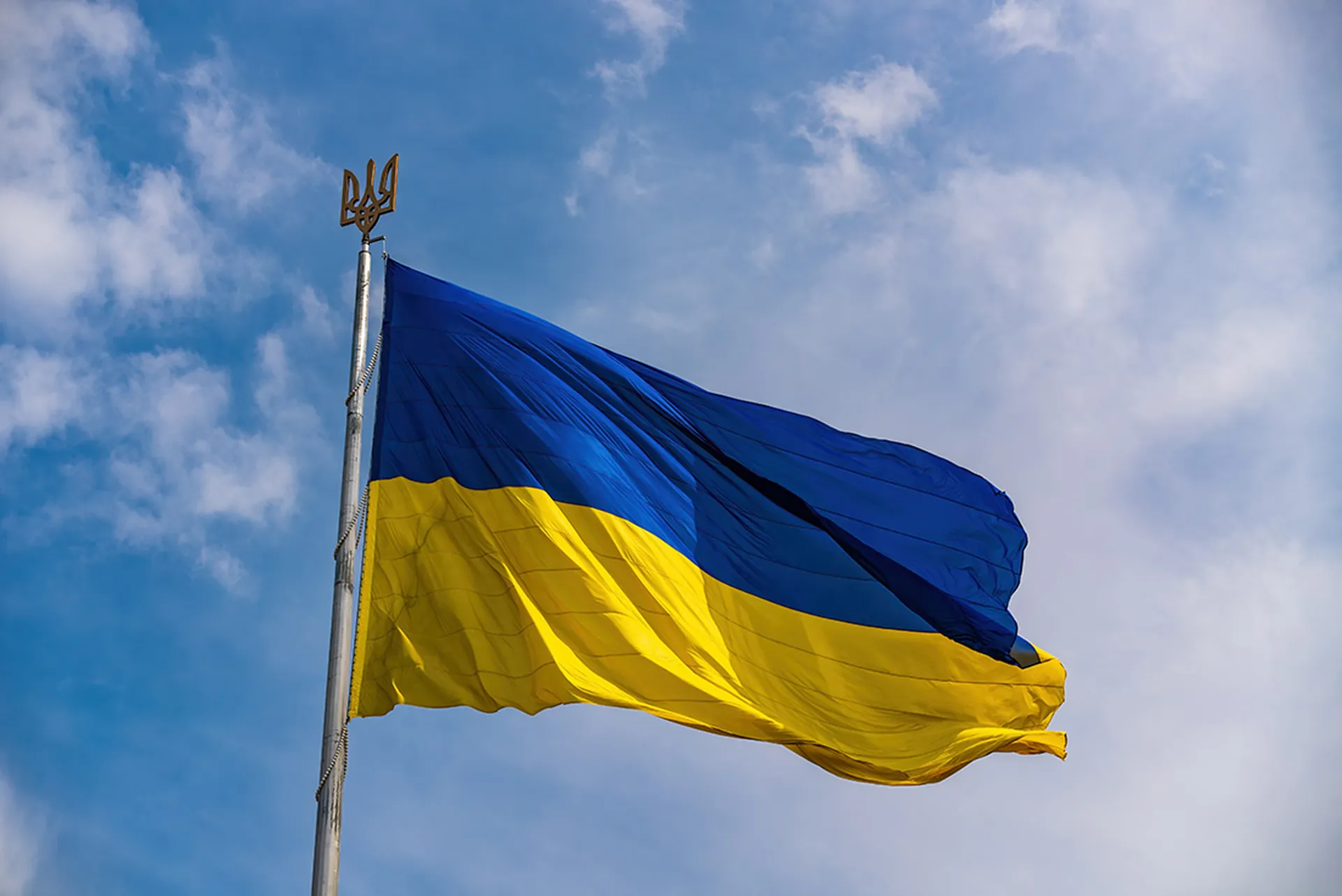Russia actively tried to disrupt American democracy during the presidential election – and Donald Trump, at least inadvertently, played into their hands by repeating fake news stories planted by more than 1,000 hired hackers and spread by Russian bots, cybersecurity experts told the Senate Intelligence Committee Thursday.
“Part of the reason active measures have worked in this election is because the commander-in-chief has used active measures at times against his opponents,” former FBI Agent Clint Watts, a fellow at the Foreign Policy Research Institute and George Washington University (GWU), told senators during the committee's first hearing on Russian meddling in the election and the Trump team's potential ties to the nation-state operatives.
Watts pointed to a fake story about a terrorist attack on a U.S. base in Turkey that was spread by former Trump Campaign Manager Paul Manafort, whose ties to Russia are currently under scrutiny, and said Trump himself pushed a fake Benghazi story that appeared briefly on Sputnik.
That Russian propaganda site along with others like RT pushed a narrative espoused by Trump that the elections were rigged – the bots timed release of the stories when Trump was likely to be on social media.
“I can tell you right now, today, that gray outlets, that are Soviet-pushing accounts, tweet at President Trump during high volumes when they know he's online, and they push conspiracy theories,” Watts told the panel.
The Trump administration has repeatedly denied or downplayed Russian interference but Thursday's hearing left no doubt of the country's meddling.
Noting that that the dots can't always be connected, FireEye CEO Kevin Mandia said, “It absolutely stretches credulity to think they [Russians] were not involved," a sentiment shared by former National Security Agency (NSA) Director Keith Alexander.
“I believe they were involved,” Alexander said.
The FireEye CEO recounted the exploits of Russian hacking group APT28. “All of the breaches that we attribute to APT28 in the last two years involve the theft of internal data, as well as the leaking of this data — potentially APT28 or some other arm of the organization — into the public,” Mandia said.
When asked if Guccifer 2.0, believed to be a persona for the hacking groups, had Russian ties, Mandia replied, “I think it's remarkably consistent.”
During the hearing, Sen. Marco Rubio, R-Fla., recounted how members of his former campaign team were victims of cyberattacks, as recently as this week, with the failed attempts being traced back to Russian IPs.
The Senate investigation got under way as the House Intelligence Committee probe collapsed and stalled after Chairman Devin Nunes, R-Calif., called the integrity of his investigation into question by claiming, in two separate press conferences on the same day, to have obtained information unrelated to the Russian probe from an undisclosed source, which he first shared with House speaker Rep. Paul Ryan, R-Wis., and then Trump but not members of his own committee. Democrats and Republicans have called for him to recuse himself from the investigation.
The Senate hearing struck a serious tone, opening with a pledge of bipartisanship. “We're all targets of a sophisticated and capable adversary and we must engage in a whole-of-government approach to combat Russian active measures,” said committee Chairman Sen. Richard Burr, R-N.C.
While the committee leadership steered clear of addressing the woes that have beset their House counterparts, Ranking Democrat Sen. Mark Warner, D-Va., said he and Burr "agree it is vitally important that we do this as a credible, bipartisan and transparent manner as possible."
The hearing got underway on the same day that a BBC reporter said he'd verified a claim in the infamous Trump dossier put together by former M15 agent Christopher Steele that Russian diplomat Mikhail Kulagin was actually a spy. Steele had said Kulagin was "withdrawn from Washington at short notice because Moscow feared his heavy involvement in the US presidential election operation...would be exposed in the media there."



